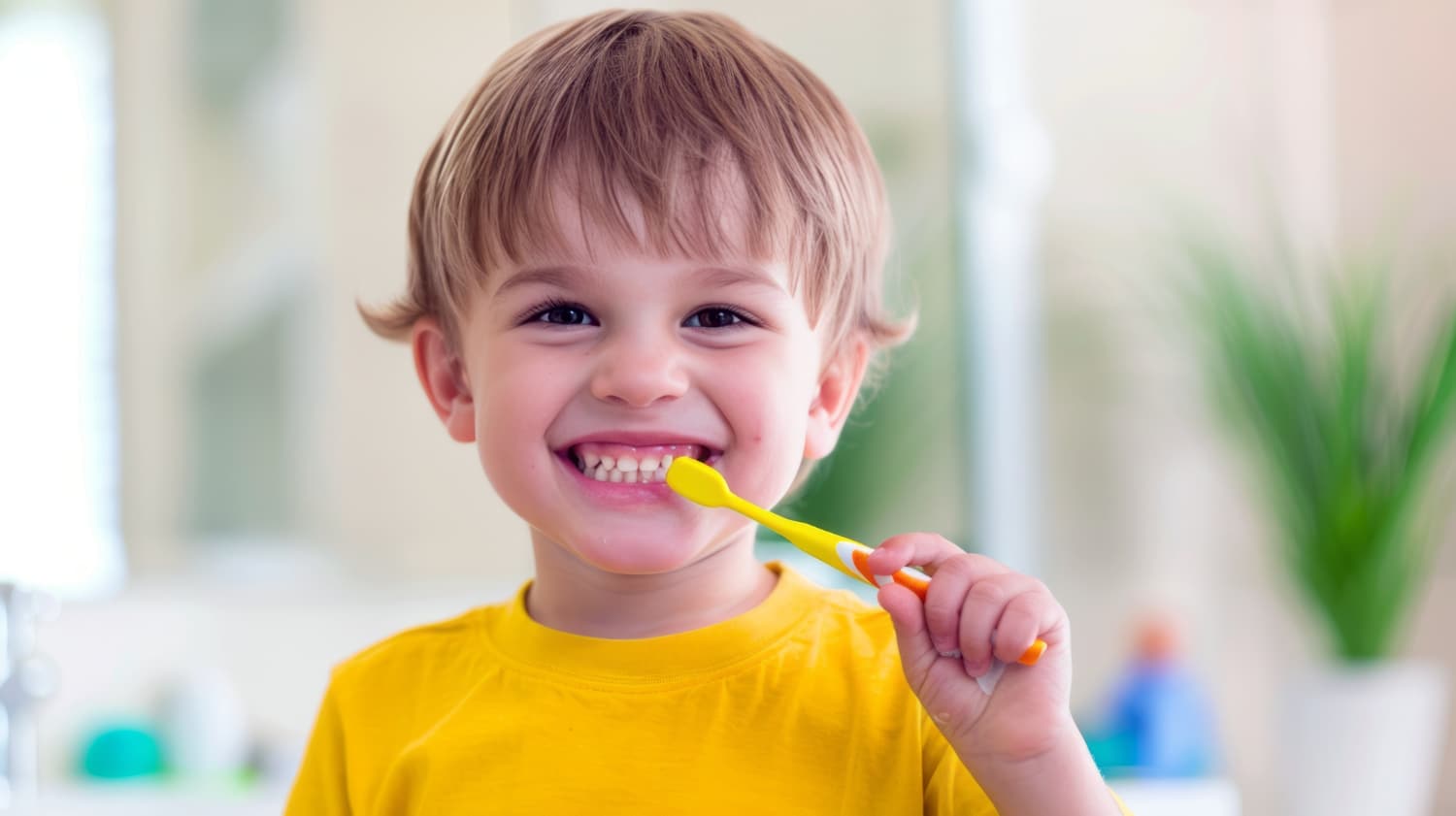Why Baby Teeth Are More Important Than You Think
Most parents take for granted the importance of milk teeth. They think that these teeth are temporary and will just to fall off. But those tiny teeth constitute a vital part of a child’s growth and development. Parents should take care of the baby teeth, since they use them to chew and to talk.
Education about good dental care in young children will enable these early teeth to remain strong, prevent future dental issues, and establish a solid base of future dental health.
Understanding the Importance of Milk Teeth.
A large proportion of parents are of the opinion that milk teeth are not important at all since they are going to fall out anyway. The reality of the matter, however, is the fact that the importance of milk teeth goes way beyond their transient existence. These miniature teeth work a big role in the growth and development of your child together with the general health.
The milk teeth are necessary in chewing, speaking and helping the permanent teeth to reach the proper location. Lack of care can bring down cavities, infections, and even complications in the formation of adult teeth later. So dental care is something parents should never ignore right from the very beginning.
Baby Teeth Facts Every Parent Should Know
In children’s dental health, knowing about baby teeth facts would make quite a difference. Parents usually tend to underestimate the importance of these teeth in daily life.
Some primary facts are:
- Most children get their first tooth between 6-10 months.
- By 3 years of age, most children have a full complement of 20 baby teeth.
- Cavities in baby teeth transmit fast as the enamel is thinner than in permanent teeth.
- Untreated decay of milk teeth could affect speech and eating habits.
- A permanent tooth is directed by the baby teeth in the right position.
Knowledge of these facts can make the parents understand the value of dental habits concerning the future oral health of a child.
Primary Teeth: The Role of Primary Teeth in Growth and Development.
The role of primary teeth is beyond what most people think. They are not just placeholders but are genuinely essential for a child’s growth.
Key Roles of Primary Teeth:
- Chewing and Nutrition: They afford children proper chewing of food, thus ensuring the nutrition.
- Speech Development: Clear pronunciation depends on having healthy teeth. Missing or decayed teeth might affect how children learn to speak.
- Jaw Growth: They aid in the common development of the jaw and the features of the face.
- Guiding Permanent Teeth: Primary teeth make the right space and provide the necessary eruption guide for permanent teeth.
In the absence of healthy primary teeth, children may develop malalignment, speech issues, and poor nutrition, all of which may hamper growth.
Dental Care for Toddlers: Getting Good Habits Started Early
Providing dental care to toddlers at an early age may prevent unwanted conditions later on. The habits learned at an early stage stay with an individual for a lifetime. Therefore, preschoolers adapt well to routine and guidance.
Here is More on Toddler Dental Care:
- Also begin cleaning the gums using a soft cloth before the eruption of the teeth.
- When the first tooth is erupted a small toothbrush with soft bristles is to be used.
- Add a pea sized portion of fluoride toothpaste in 3 years.
- Restrict sugary snacks and drinks to prevent cavities.
- Encourage drinking water very often so that it washes down any loose food particles.
- The first dental visit should preferably happen no later than the child’s first birthday.
Parents should try to be role models-whoever sees parents performing a routine of brushing and flossing will do the same.
Why Ignoring Importance of Milk Teeth Can Be Harmful
Most parents don’t pay much attention to the importance of milk teeth, assuming that decay doesn’t matter since permanent teeth will come in as replacements. The neglect of baby teeth can result in several long-term problems:
- Pain and infection affecting the whole well-being of a child.
- Cessation of chewing thus causing malnutrition.
- Problematic in the development of speech.
- Misaligned permanent teeth for which one has to seek orthodontic treatment.
- Loss of confidence in children as a result of visible decay.
Neglect today becomes expensive dental treatments tomorrow. Early intervention into such cases brings an end to these complications.
Reflection: Pediatric Dental Care Current Trends.
In the present day dentistry is laying emphasis on the preventive care of children. The trending practices are as follows:
- Fluoride Treatments: This is used extensively to reinforce the enamel and prevent early cavities.
- Sealants: This is a coating made on the back of the teeth to resist decay.
- Dietary Advice: Pediatric dentists currently emphasize the diet in the prevention of cavities.
- Early Check-ups in Orthodontics: According to some dentists, it is advisable to have orthodontic check-ups at the age of 7 years in order to identify problems with the jaw or bite.
- Digital Education Resources: Interactive videos and apps are learning how to brush and floss in an entertaining fashion among the children.
Conclusion
The importance of Milk teeth are never to be underrated. These teeth play a crucial role in the mastication, speech, facial formation, as well as shaping the permanent teeth into quality positioning. Informing parents on the importance of dental care on toddlers and the significance of primary teeth would help them in ensuring that the health of their children is enhanced.
Less dental problems at adulthood because of healthier milk teeth. Proper care, regular check-ups, and parental awareness can grant children huge smiles that last forever.





